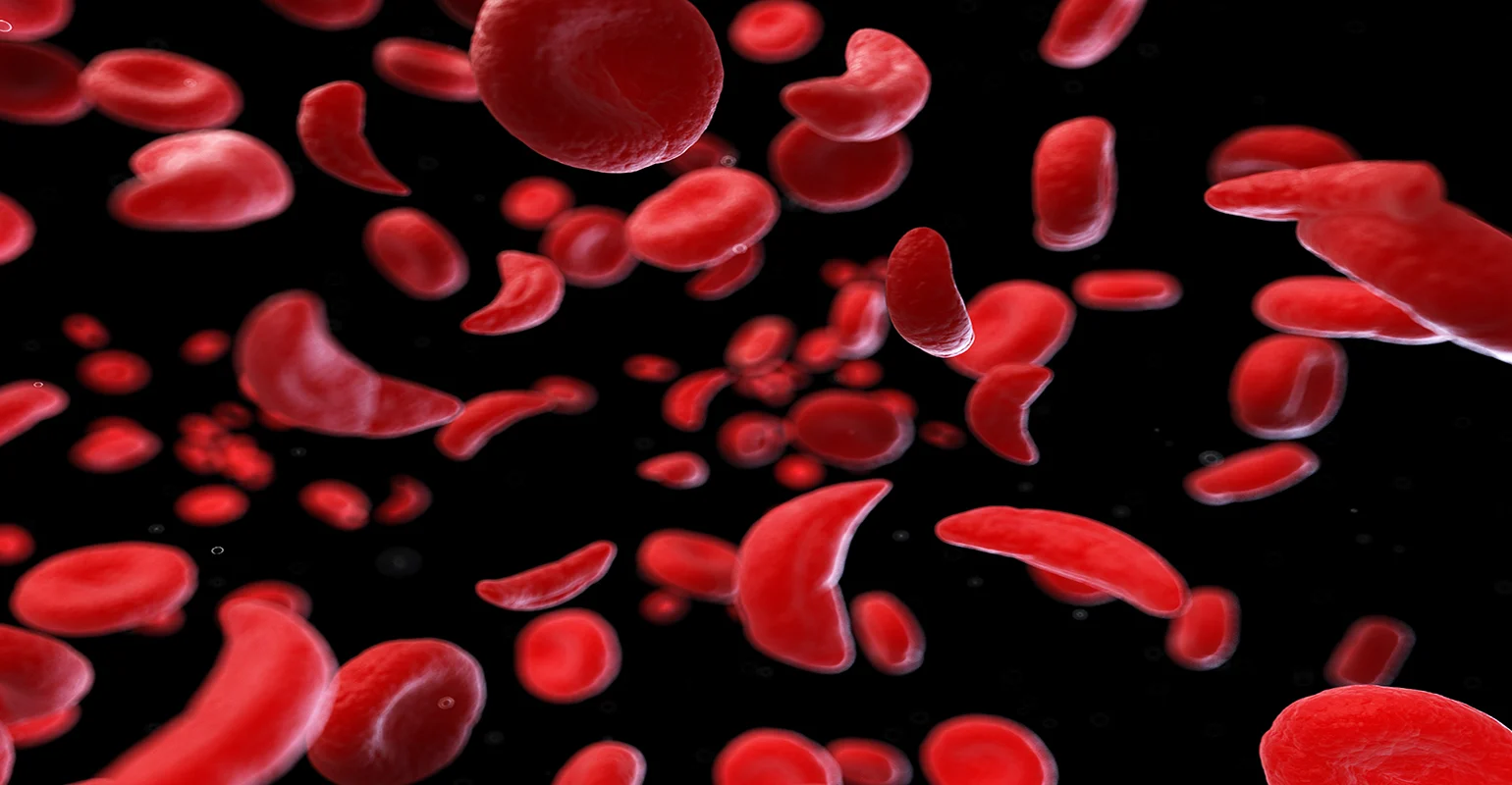Understanding Sickle Cell Disease: A Lifelong Journey
Sickle Cell Disease (SCD) is a genetic blood disorder that affects millions of people worldwide, with a significant impact on the African and African-American communities. It is caused by an abnormality in hemoglobin, the protein in red blood cells responsible for carrying oxygen throughout the body. Individuals with SCD inherit two sickle cell genes—one from each parent—resulting in misshapen red blood cells that can lead to painful crises, organ damage, and other severe complications.
What Happens in Sickle Cell Disease?
Normal red blood cells are smooth, round, and flexible, allowing them to travel easily through blood vessels. However, in SCD, the red blood cells become rigid and shaped like a crescent or sickle. These misshapen cells can block blood flow, causing pain (known as sickle cell crises), tissue damage, and organ failure. Over time, repeated blockages can lead to chronic complications like anemia, strokes, and lung problems.
Living with Sickle Cell: Challenges and Resilience
For those living with sickle cell disease, managing symptoms can feel like a full-time job. The condition often leads to frequent hospital visits and a lifetime of medical care. Pain episodes can be triggered by dehydration, cold weather, or high altitudes, making daily life unpredictable. Despite these challenges, many people with SCD live full, meaningful lives with the support of medical advancements and strong community ties.
The Importance of Awareness and Early Detection
Early detection of sickle cell disease, especially through newborn screening, can be a lifesaver. With proper management and medical care, many of the complications of SCD can be minimized. Treatments like blood transfusions, hydroxyurea, and, in severe cases, bone marrow transplants can improve the quality of life for individuals with SCD.
Sickle Cell and Genetic Counseling
Because SCD is hereditary, genetic counseling plays a key role for families at risk of passing the gene to their children. Understanding your genetic status can help you make informed decisions about family planning and treatment options.
Hope for the Future: Ongoing Research and Advocacy
Recent advances in gene therapy offer hope for a cure. Scientists are exploring ways to edit or replace the defective genes responsible for SCD. These innovative treatments, while still in clinical trials, provide optimism for a future where sickle cell disease is no longer a life-threatening condition.
Stay tuned for my next blog post and subscribe below.



One response to “Sickle Cell”
My partner was sickle-cell, this was an extremely informative post!